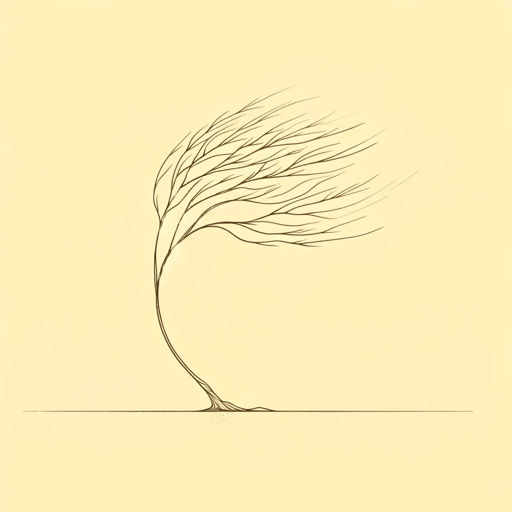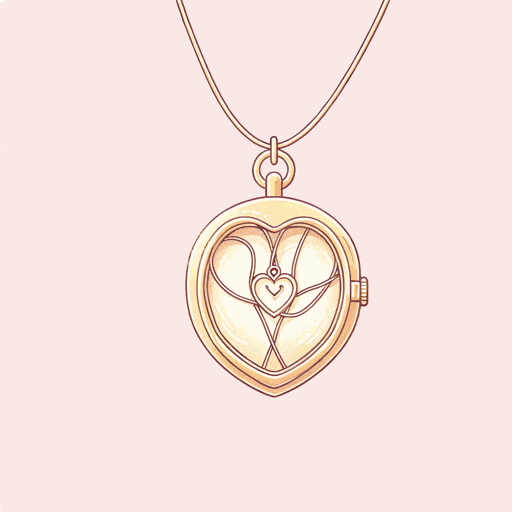66 pages • 2 hours read
Francine RiversA Voice in the Wind
Fiction | Novel | Adult | Published in 1993A modern alternative to SparkNotes and CliffsNotes, SuperSummary offers high-quality Study Guides with detailed chapter summaries and analysis of major themes, characters, and more.
Symbols & Motifs
Atretes’s Gold Pendant
When Atretes emerges victorious from the elimination games and wins his freedom, he is awarded a gold pendant marking him as a free man. The pendant symbolizes everything Atretes has fought for, including all the men he has killed, the brutality he has endured, and even the cost of his celebrity status. He has worked for this goal the entire narrative, but once he achieves it, he finds it has a cost of its own. What good is freedom, he discovers, when his lover, Julia, has betrayed him. And what good is his social position and wealth when he has shed his old identity and code of honor to attain it. When he looks at his reflection, he sees not a Germanic warrior but a Roman. He has become his own worst enemy, and bitter shame sends him fleeing into the hills. In the process, he tears the pendant from his neck, discarding the symbol of his freedom—a gift bestowed by an empire whose rights of ownership he has never recognized—and the symbol of his self-betrayal.
Related Titles
By Francine Rivers



